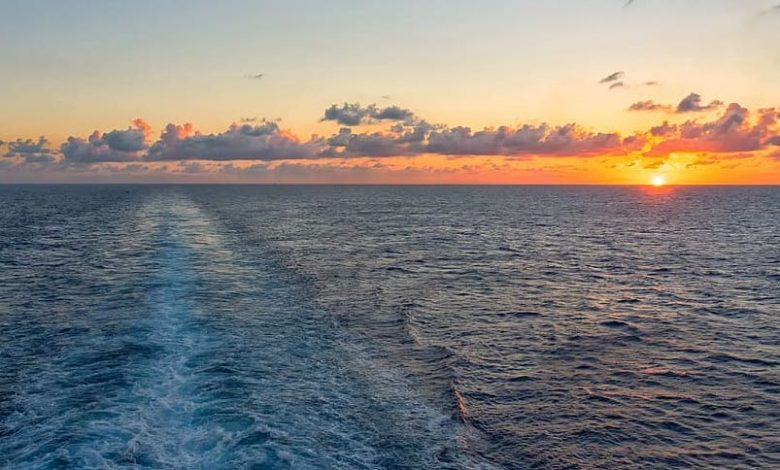MSC introduces new flexible cargo service to fight congestion risks

Mediterranean Shipping Company (MSC) has introduced a new flexible cargo service to help fulfil the imminent resumption of demand from Asia and ensure service continuity.
According to MSC, the new Suspension of Transit (SOT) programme is part of its ongoing response to the impact of Covid-19 and is focused in particular on a resumption of demand of a wide variety of goods from Asia, includes container yard storage in six transhipment hubs across Asia, the Middle East, Europe and the Americas, ensuring that goods can be shipped close to their destinations as soon as possible and providing easier cargo flow for customers.
“While positive signs of recovery have begun to emerge in Asia and factories have restarted production, major ports of destination may still not be ready to discharge containers. MSC’s new SOT programme aims to fulfil the resuming demand for raw materials and finished products from Asia by providing yard storage at major strategic points around the world,” MSC said in a release.
“The lead time will be reduced once operations resume at destination ports, and the programme will also add storage for beneficial cargo owners (BCOs) and non-vessel owning common carriers (NVOCCs), who would otherwise reach their full capacity,” the company added.
The programme is aimed at all shippers for containers from Asia and all types of cargo, except refrigerated cargo, dangerous goods and project cargo.
Commenting on the MSC move, container shipping expert Lars Jensen from SeaIntelligence Consulting, wrote on LinkedIn: “Containers shipped from Asian origins can be placed in yard storage in six main transshipment ports instead of being moved onwards to their destination. Clearly this is intended to try to avoid congestion at destination locations where onwards transport is becoming problematic – either due to operational issues with ports or intermodal transportation, or with the importers not having the ability to take delivery as their warehouses might already be full as their own demand has dropped steeply. Or even worse, the importers being unable to pay for the goods and hence not being able to pick up the containers.”
